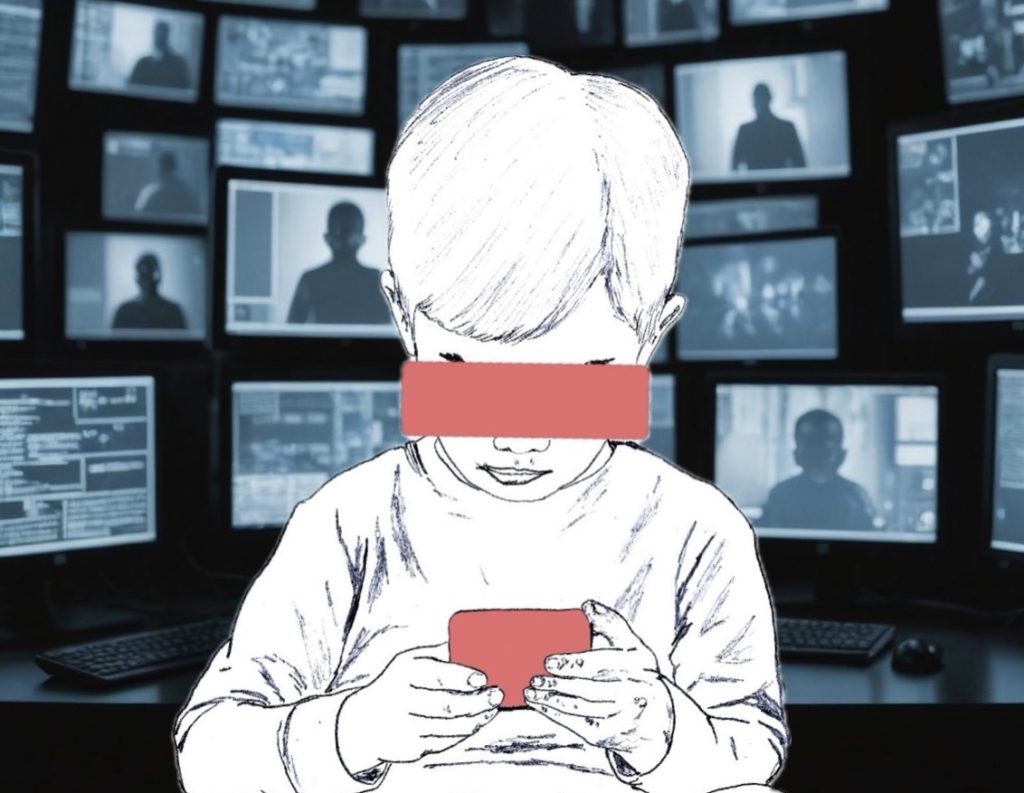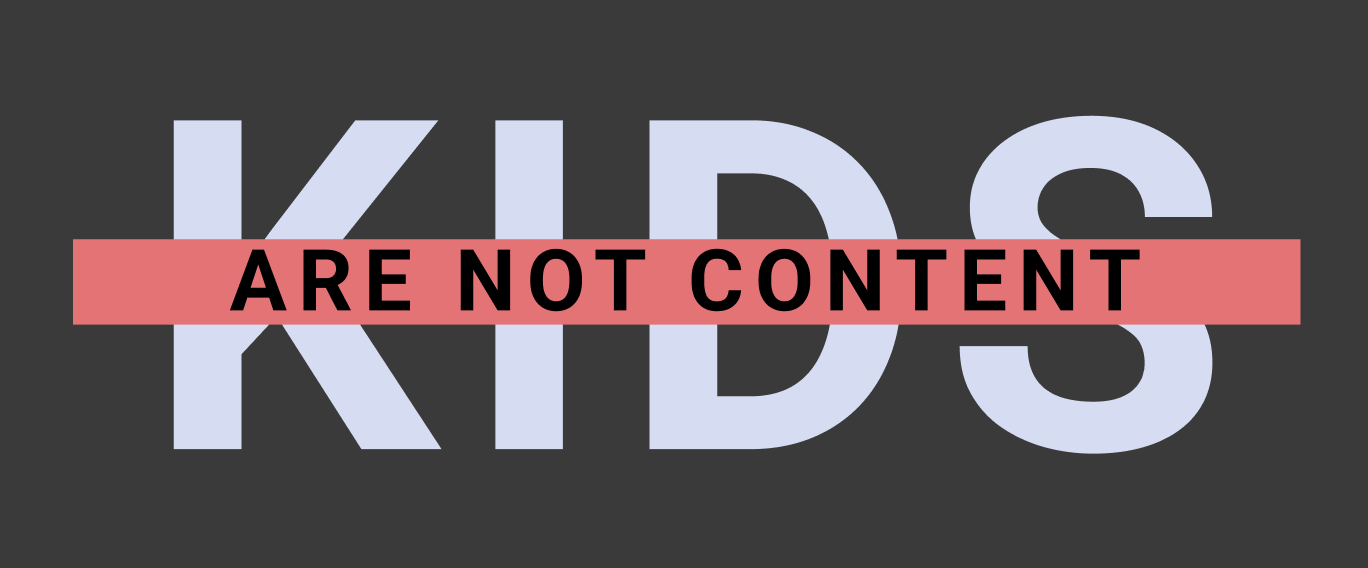1. Click on the interactive map below to view state specific legislation on child influencer laws
2. View the Advocacy Guide to understand ways to to contact your local representatives
3. Contact your state representatives to advocate for legislative change to protect childrens online privacy
Explore your federal and state representatives by entering your full address on PluralPolicy.com. Click on individual representative icons for direct access to their contact information, including phone numbers and emails
Calling your representatives is the most effective way to contact them. Please use the template provided below as a guide to how to format your message.
“Hi, my name is [Your Name] and I’m a constituent from [City, ZIP Code].
I’m calling to urge [Representative/Senator’s Name] to take action to protect children from exploitation in online content, particularly in the context of family vlogging and social media influencing.
I urge [Representative/Senator’s Name] to support legislation similar to Illinois Senate Bill 1782, which ensures that children featured in online content are entitled to a percentage of their parents’ earnings and grants them the right to take legal action if necessary.
Thank you for your time and attention.”
[If leaving a voicemail, please leave your full street address to ensure your call is tallied.]
If calling is not an option, emailing your state representatives is another way to take action. Quit Clicking Kids, an advocacy platform dedicated to children’s online protection and compensation for those featured in family vlogging, provides a useful email template that can be customized to your state and your legislators. Click below to be directed to Quit Clicking Kids to download this template.
Alternatively, we have provided a sample email template as well which can be copied:
Dear [Your Elected Official],
I am writing to urge your support for legislation similar to Illinois Senate Bill 1782 in our state during the upcoming legislative session. As a concerned citizen, I believe it is imperative that we take proactive steps to protect the privacy and well-being of children in the digital age.
Illinois recently became the first state to pass legislation aimed at safeguarding children featured in online content, particularly in the realm of family vlogging and social media influencing. Senate Bill 1782, sponsored by State Sen. David Koehler, addresses the exploitation often seen in this industry by ensuring that children are entitled to a percentage of their parents’ earnings from content they are featured in.
Under this law, influencers are required to share their earnings with children if the content earns a certain threshold per view and if the children are featured in a significant portion of their parents’ content. These earnings are then set aside into a trust fund accessible to the children when they come of age, ensuring their financial security and independence.
Additionally, the law grants children the right to take legal action if their earnings are not properly set aside, providing them with recourse to protect their interests. This legislation serves as a crucial step towards balancing the financial benefits of family vlogging with the protection of children’s rights and well-being.
In light of the growing influence of social media and online content creation, it is essential that we enact similar measures here in [Your State]. Children deserve the same protections regardless of where they reside, and by introducing legislation akin to Senate Bill 1782, we can ensure that our state is at the forefront of protecting the rights of young individuals in the digital landscape.
I urge you to consider sponsoring or co-sponsoring a bill similar to Senate Bill 1782 in our state during the upcoming legislative session. By doing so, we can uphold our commitment to the welfare of children and families and create a safer and more equitable digital environment for all.
Thank you for your attention to this important matter. I look forward to your support and leadership on this issue.
Below is a one pager resource to help guide your actions. Download and share with others to spread the message.
In 2022, Washington state became the first U.S. state to introduce a bill to address and prevent the online exploitation and monetization of minors.
HB 2032 was introduced to the Washington State House of Representatives through the efforts of Chris McCarty, a Washington state local and student and the founder of Quit Clicking Kids, an advocacy and education platform dedicated to combating the monetization of children on social media. McCarty worked with former Representative Emily Wicks to introduce the bill.
Since this bill was introduced in Washington, it has inspired multiple other states to follow in suit with legislation to address this pressing issue.


In August of 2023, Illinois became the first U.S. state to pass legislation that entitles the children of influencers to a percentage of their parents’ earnings from content they’re featured in.
Senate Bill 1782 amends the state’s Child Labor Law to protect children featured in online content. The law applies to children featured in 30% of their parents’ content over a 30-day period. It requires influencers to share their earnings with children featured in the content if it earns at least 10 cents per view.
The legislation was originally put forward by 18 year old Shreya Nallamothu, after writing a letter to her state senator, urging him to consider legislation to protect young influencers. Shreya’s advocacy demonstrates that together we can create change by addressing our representatives.

Modeled after the French law, On March 21, 2024, a two-party coalition presented a draft bill to the House of Representatives (Camera dei Deputati) to protect children’s privacy online and their right to their own image.
The first article will require parents to officially declare the use of their children’s image online to the Italian Communications Regulatory Authority (AGCOM). If a direct profit is gained from these activities, parents will have to transfer the money to a bank account in the child’s name, which will be accessible to the child after they turn 18 years old.
To learn more about this pending legislation:
Italy considers law against sharenting to protect children’s privacy – techradar.com
